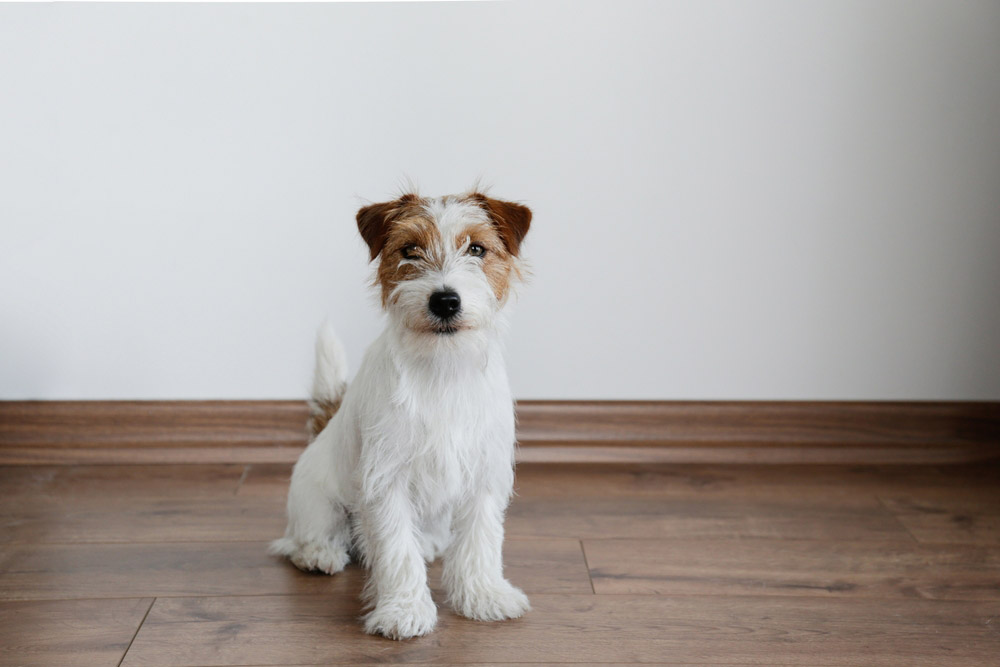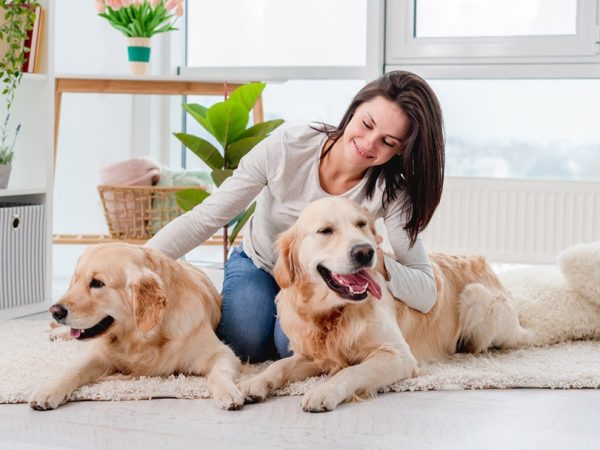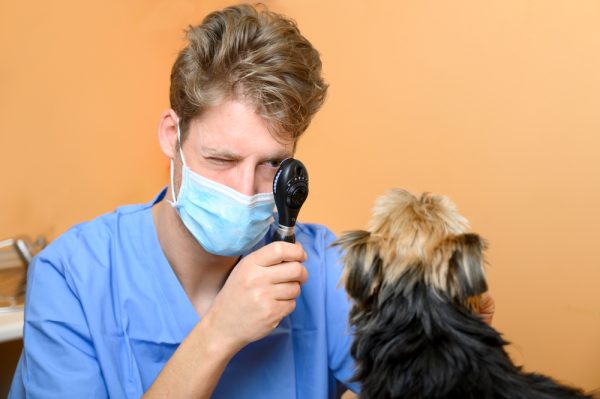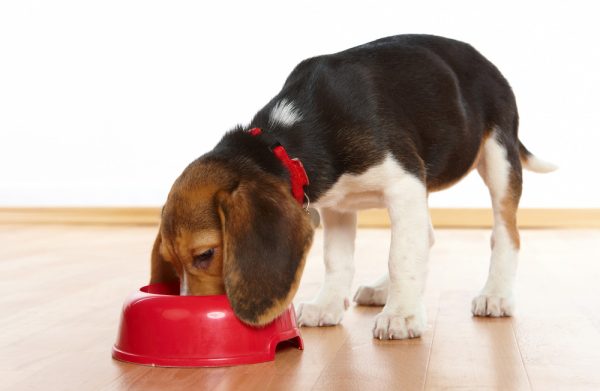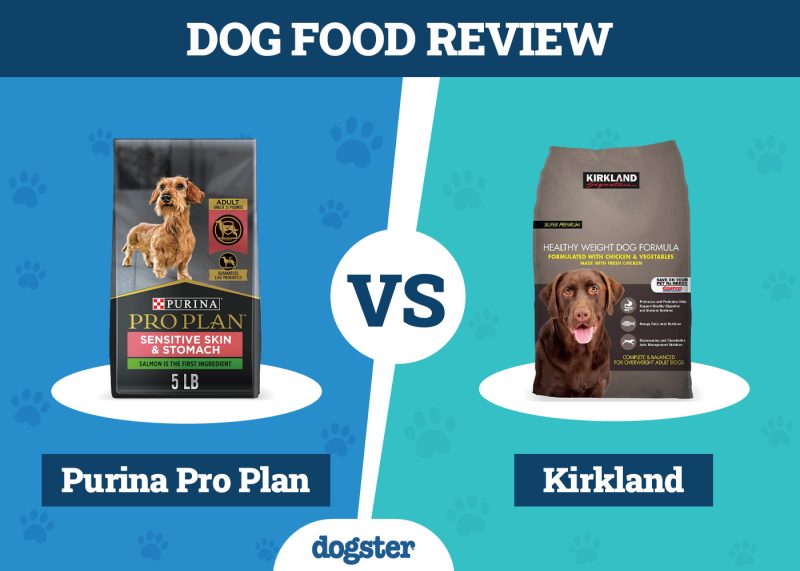Let’s face it: every puppy in the universe is adorable. Watching a puppy explore their new world is exciting and cute, as everything is new. However, if you are considering getting your first puppy, you may ask yourself if puppies are a lot of work. To answer that question, yes, puppies are a lot of work, but the rewards are definitely worth it. However, it’s not a decision to enter into lightly, as a puppy will heavily depend on you for their every need.
For the experience to be positive, you must ask yourself: Do I have the time to take care of a puppy? Am I home enough? Where will the puppy sleep? What accessories do I need? What do I feed my new puppy?
If these questions have been running through your mind, you are in the right place. In this guide, we will discuss six things to learn before getting your first puppy to ensure you are well-prepared for your puppy’s arrival into your home.

6 Tips to Know Before Getting a Puppy
1. Start by Evaluating Your Situation
Are you home enough to devote the necessary time to a puppy? It’s one thing to rescue or adopt an adult dog, but getting a puppy is an entirely different story.
For starters, puppies must be taken outside numerous times a day while being potty trained. You won’t be able to leave your puppy in a crate for several hours a day and expect everything to be hunky-dory when you return home (a puppy cannot hold their bladder for several hours).
Puppies need stimulation and enrichment throughout the day while their little brains are developing. If you are rarely home, a puppy is not for you, it’s as simple as that. Despite your efforts, your puppy will have accidents, so be prepared for lots of clean-ups while your puppy is learning.
A puppy may keep you up at night, meaning less sleep time, so think about this when your job requires you to get up early and you’ve had little sleep.
A helpful hint: If you provide your puppy with physical and mental stimulation throughout the day, they’ll be tired and sleep better at night.
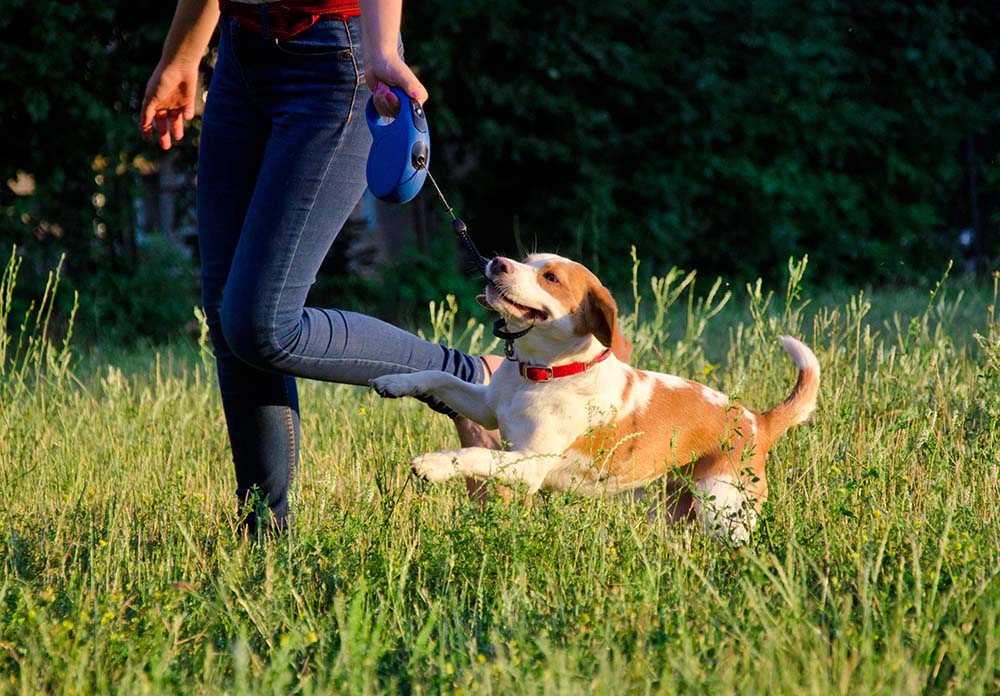
2. Determine What Breed Is Right for You
Before getting a puppy, it’s helpful to research the breed and size you can handle. Even if you rescue a mixed-breed puppy, ensure you know the puppy’s ancestry (or at least have an idea) so that you can guess how big that adorable little puppy will get in adulthood. For example, if you don’t think you can handle a big breed, like a Labrador Retriever, it’s best to stick with a smaller breed.
You can also research specific breeds’ temperaments if you plan to go through a breeder. Some dogs have a constant drive to work, some are easygoing, some demand your attention, and so on. Finding the right temperament to match your own will go a long way.
3. Know How to Puppy-Proof Your Home, Indoors and Outdoors
Before you bring a puppy home, you’ll need to puppy-proof your home for safety. This means keeping electrical cords out of reach and unplugging any cords you don’t need when you can’t supervise.
Indoor Puppy-Proofing
- String electrical cords through cord concealers to prevent temptation, if possible.
- Avoid feeding table scraps, especially those containing toxic ingredients, such as raisins, chocolate, and xylitol.
- Keep cleaning supplies stored away in inaccessible cabinets or use child-proof locks for added safety.
- Keep medications put away and out of reach (this includes THC products).
- Keep toilet lids closed to keep your puppy from falling in.
- Keep windows and doors locked at all times. Also, keep blind cords out of reach, as they can cause strangulation.
- Keep small items put away and out of reach, such as paper clips, coins, rubber bands, etc. Puppies love to investigate anything and everything and these items can be harmful if swallowed!
- Store sharp objects away, such as knives, razors, scissors, and tools.
- Keep your trash cans secured at all times. Using a garbage can with a lid is recommended.
- Remove poisonous houseplants inside the home or put them in an inaccessible area.
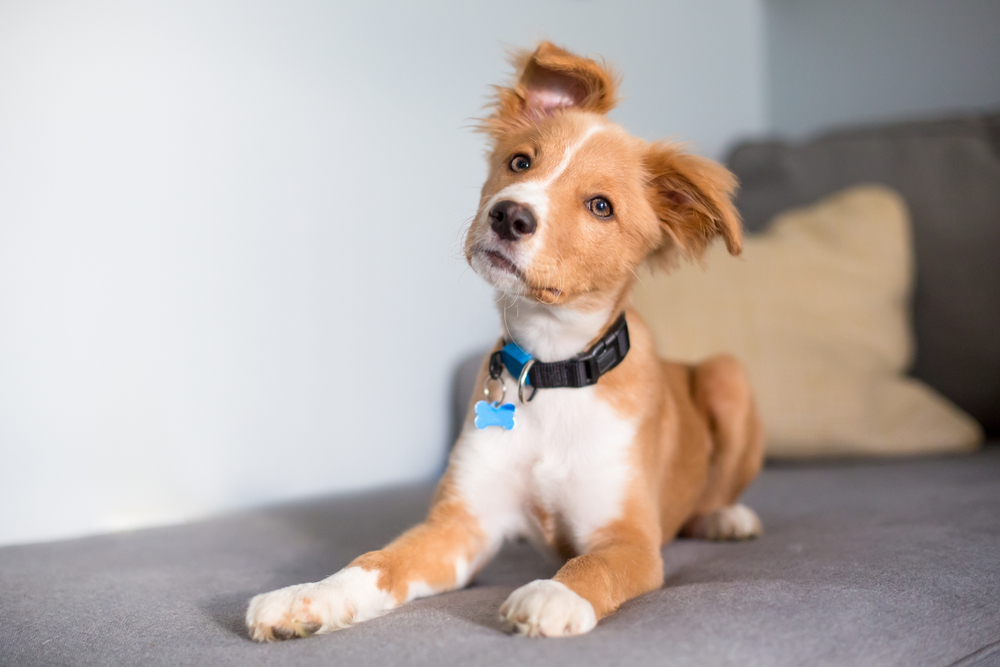
Outdoor Puppy-Proofing
- If you have a fenced yard, ensure there are no holes or gaps your puppy can slip through. If you don’t have a fence, consider getting one. Otherwise, take your puppy outside on a leash. You should also supervise your puppy while outdoors, regardless of whether it’s fenced.
- Remove toxic plants from the outdoors.
- Close off access to pool or pond areas.
- Keep your lawn trimmed (ticks and fleas love to inhabit overgrown areas).
- Be cautious of heat while outdoors with your puppy.
- Clean up your puppy’s feces.
4. Understand That You’ll Need to Stock up on Supplies
Your new puppy will need supplies before you bring them home. You can start with the basics to ensure you have the necessary items on hand; other supplies can be bought later. You may even take your puppy along to the pet store for socialization! Here is an essential checklist:
- Food and water bowls (avoid plastic due to harboring bacteria)
- Puppy food (ensure the food is formulated for puppies and is appropriate for their size and breed, but make sure to transition gradually onto new food)
- Adjustable collar, harness, and leash
- ID tag
- Pet wash wipes
- Enzymatic spray for cleaning up accidents
- Poop bags and poop scooper
- Dog bed
- Dog crate with room to grow (ensure you choose the correct size)
- Puppy-safe toys (puppies will be destructive without plenty of toys!)
- Grooming supplies (brush, nail trimmer, ear cleaner, etc.)
5. A Veterinarian Needs to Be Established From the Beginning
It’s imperative to establish a veterinarian right away. Depending on where you acquire your new puppy, your puppy may need their initial vaccinations. Even if no vaccines are required at the time, it’s an excellent idea to choose a vet and schedule a visit for a basic examination and parasite prevention to get your puppy established. If you don’t already have a vet, try to choose one close to your home in case of emergencies in the future if possible.
It’s helpful to familiarize yourself with the closest emergency vet for future reference; the last thing you want is to figure out where to go in a dire and urgent situation. It’s also a good idea to keep your vet’s contact information and emergency vet information on your fridge and ensure you have the numbers stored in your cell phone for quick access.
Your vet can also suggest what food to feed your puppy for optimal health. The food should also be formulated for puppies and appropriate for the breed size.
If you need to speak with a vet but can't get to one, head over to PangoVet. It's our online service where you can talk to a vet online and get the advice you need for your dog — all at an affordable price!
6. Training and Socialization
To help your puppy become a well-behaved adult, you’ll need to train them and socialize them. Remember that everything is new to your puppy, and they’ll need to learn basic commands from you. If you don’t have a background in dog training, you will need to learn how to train dogs too. Gentle yet firm training using positive reinforcement is recommended, and timing and consistency of rewards are the key to successful training. That and repetition, until your pup’s training is well-established.
Your puppy will need to learn about the world and be exposed to new environments, people, other dogs, traffic, handling procedures, and much more. Now is the time to introduce grooming, teeth brushing, and veterinary visits. Anything that your puppy has not experienced before the age of 14 weeks, will lead to fearful reactions. It’s much easier to socialize a young puppy than an older one because they are so receptive. Experts recommend that puppies visit one new place and meet 5-10 new people every week. However, you will need to ask your veterinarian about appropriate outings until they have completed their puppy vaccinations.
It may be a good idea to enroll your little furry bundle of joy in a puppy-training class. These classes are beneficial and also allow you to meet other pet parents—you may even gain a new human friend.
Final Thoughts
Getting a new puppy is exciting and maybe a little scary, especially if you don’t know what to expect. However, being well-prepared beforehand will go a long way. It’s imperative to determine if you have the time and expenses to care for a puppy properly, and you may even consider getting puppy insurance to help with unexpected veterinary costs.
Despite being a new puppy owner, the experience doesn’t have to be complex. Ensure you have the time for a puppy, and if you have other family members, establish who will do what. For example, who will feed the puppy, take them outside, take them to vet appointments, and so on? Most of all, enjoy your new puppy!
See also:
- Hiking Gear for Dogs: 16 Essentials to Pack
- Dog Breeds Who Get Along With Other Pets (With Pictures & Facts)
Featured Image Credit: evrymmnt, Shutterstock
